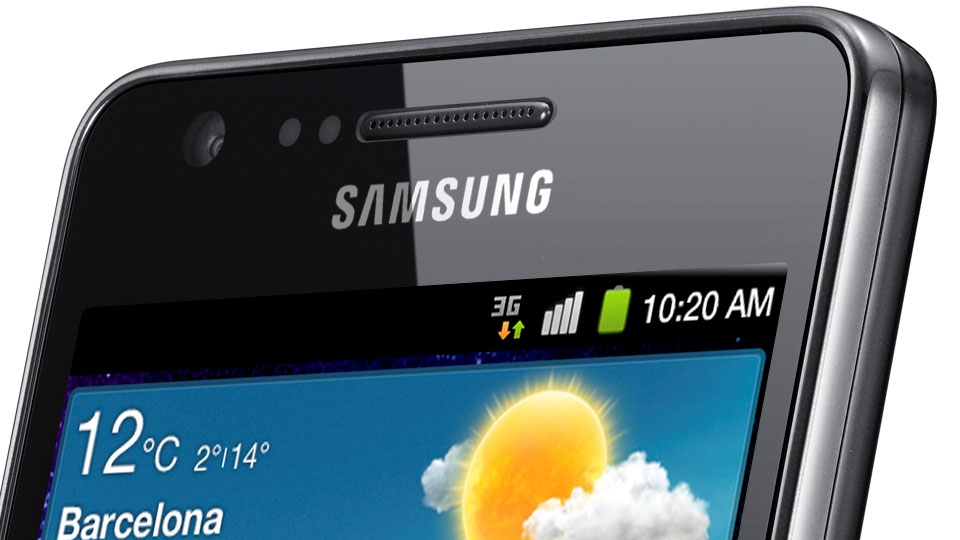Apple wants US ban on 8 Samsung devices
Galaxy S 4G, carrier-specific Galaxy S2 among them

Following its $1.049 billion court victory Friday, Apple is asking for a U.S. sales ban on eight Samsung devices, according to reports.
Those devices are:
- Galaxy S 4G
- Galaxy S2 (AT&T)
- Galaxy S2 (Skyrocket)
- Galaxy S2 (T-Mobile)
- Galaxy S2 Epic 4G
- Galaxy S Showcase
- Droid Charge
- Galaxy Prevail
Apple came up with the list after reviewing the verdict, decided by a nine-member jury. The Galaxy S2 ban is carrier specific.
Why these?
The ban of eight may seem small when considering Apple was going after 28 devices during the course of the trial; however, the ones it picked out are the only products still sold in the United States.
Each device was found to violate a design patent, utility patent, trade dress or have multiple infringements over the course of several years.
According to CNET, the damages tied to the eight devices (all smartphones) is about $460.8 million (£291.8).
Apple will have to prove the continued sale of these devices inflicts "irreparable harm" on the corporation in order for a court to impose a ban.
Get daily insight, inspiration and deals in your inbox
Sign up for breaking news, reviews, opinion, top tech deals, and more.
TechRadar reached out to Samsung regarding if and how they intend to fight the proposed injunctions.
Samsung asked U.S. District judge Lucy Koh to lift a pre-trial ban she placed on the Galaxy Tab 10.1 after a jury found it didn't infringe on trade dress claims for the iPad 3.
TechRadar will update this story if and when information becomes available.
Via The Verge, CNET and Apple Court Filing
Michelle was previously a news editor at TechRadar, leading consumer tech news and reviews. Michelle is now a Content Strategist at Facebook. A versatile, highly effective content writer and skilled editor with a keen eye for detail, Michelle is a collaborative problem solver and covered everything from smartwatches and microprocessors to VR and self-driving cars.
